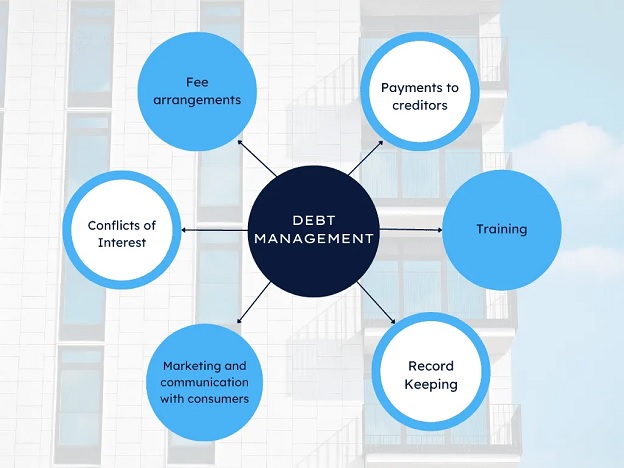Due to concerns about serious consumer harm, ASIC has commenced proceedings against debt management firm Bakken Holdings Pty Ltd t/a Solve My Debt Now. This comes on the back of other enforcement action ASIC has taken against credit licensees for a range of misconduct, including engaging in credit activities without holding the appropriate licence. ASIC has repeatedly warned credit licensees that it will take action against predatory lending, high-cost credit and misconduct impacting consumers experiencing financial difficulty.
The case against Solve My Debt Now centres on the financial harm caused via its debt management services. Solve My Debt Now's business focused on consumers suffering financial hardship, who often had defaulted on credit cards or personal loans.
ASIC alleges Solve My Debt Now:
- Failed to pass on a consumer's loan payments to creditors in a timely manner, or at all;
- In 64% of cases, failed to make any payments to the relevant creditor;
- Charged fees in excess of the amount the consumer's debt was reduced, leaving the consumer worse off.
ASIC is also bringing action against the director of Bakken Holdings for a variety of offences, including:
- Engaging in unconscionable conduct;
- Making false or misleading representations to consumers;
- Carrying on a financial services business without the appropriate licence.
Key Takeaways
Credit licensees should take note of ASIC's focused enforcement action against those engaging in predatory lending activities. Debt management firms should pay particular attention to ASIC's comments and allegations against Solve My Debt Now. As debt management businesses are still new to the regulatory regime, it is important they have a clear understanding of the type of conduct that will not be tolerated by ASIC.

In light of this most recent action, debt management firms should consider the following:
- Fee arrangements – are your fees excessive? Do you refund fees if you are not able to achieve a favourable outcome for consumers? Do your fees leave the consumer in a worse position?
- Payments to creditors on behalf of consumers – review your systems? Do you ensure regular payments are made as they are received by the consumer? Or are these funds diverted to cover your fees?
- Marketing – how do you market your services to consumers? Do your promotion and marketing materials meet ASIC's good practice guidance in Regulatory Guide 234? Are all statements true or does your marketing material contain false or misleading representations about your fees and what will happen if a consumer engages your services?
- Communication – how do you provide updates to consumers regarding the status of their debt?
- Conflicts of interest – do sales teams receive commissions for the number of consumers they sign up? Is this disclosed to consumers?
- Training – do you conduct training for staff about how to interact with vulnerable consumers? Do you train staff on how to avoid making false statements or misrepresenting your services? Do you regularly review file notes or telephone calls between your staff and consumers?
- Record Keeping – do you maintain appropriate records of your negotiations with creditors? Are payment arrangements being implemented?
Background
Debt management firms have been regulated under the credit licensing regime since July 2021 and were initially subject to transitional arrangements, after amendments made to the National Consumer Credit Protection Regulations in April 2021.
Further Reading
- Media Release 23-162MR – ASIC sues debt management firm Solve My Debt Now and its Director
- Media Release 23-212MR – Debt Management licensing regime has commenced
